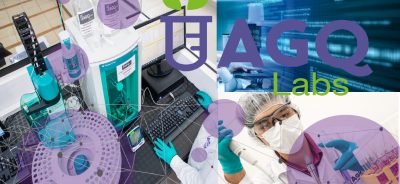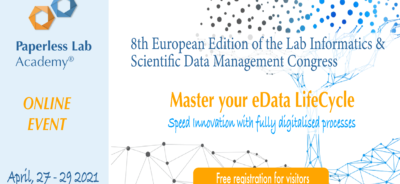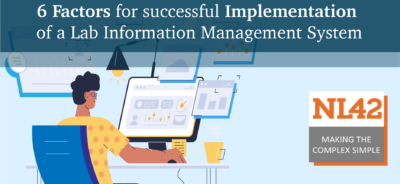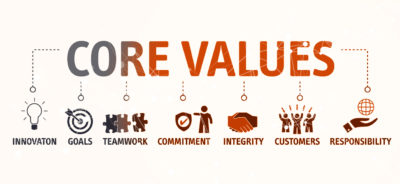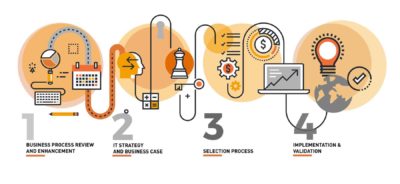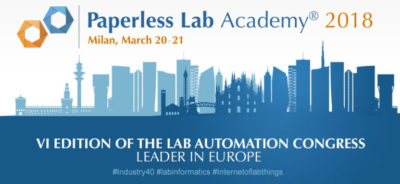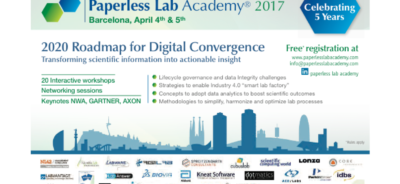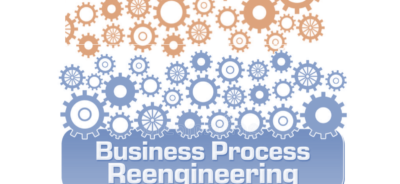Laboratory data management is a responsibility of great impact across the company
It implies not only the management of the workflow in the laboratory itself. Data collection begins at the moment of samples reception, follows with the decision related to the analysis to be executed (analyst, Standard Operating Procedures, customer priorities…) and ends with the delivery of the final report and invoicing.
For computer experts it should be easy to design such informatics solutions. If it were not that each stage requires various considerations related to the market in which the laboratory operates, like traceability, chain of custody, compliance to standards quality and elaboration of relevant certificates. Some of these considerations require enforcement of certain protocols and collection of data in parallel with the analysis. It should still be relatively easy. Yet each laboratory designs its own workflow, sets its own quality assurance/ quality control procedures, develops its personnel training program, decides its standard calibration and participation to inter-laboratory exercises for standardization, and finally implements a policy to store samples just for few months or several years according to the market legislation. Just to mention few customised aspects and avoiding entering into further details more in relation with pharmaceutical and biobanking requirements.
From NL42, the decision to implement a laboratory data management system is a strategic business decision.
It requires, as any major decision, the involvement of a certain number of people from different departments, with significant responsibilities and the end users. At first it may appear as a complex enterprise. In the end, it is about improving internal processes and reducing significantly your qualified personnel´s administrative time. It is about deciding to invest in the growing development of the company.
The two most critical key steps for a successful implementation of a data management solution project.
As in any project, the first step is to develop the User Requirements Specifications which is basically the list of requirements we aspire to implement. It is an essential step that any project cannot skip. It allows collecting in a structured way the needs of those who are part of the decision-making team, write down the current needs and apply for sufficient level of flexibility for the system to adapt to changes (market driven or internal strategic decisions) and to allow the incorporation of future needs without generating insurmountable levels of complexity.
The second essential step for setting up successful projects without surprises is certainly the “Execution” of it. Although the definition of requirements may sometimes end in an A4 sheet freehand drawing, the vast majority of projects fail in execution with the corresponding frustration, last minute surprises, delays and procurement of third-parties companies for developing and maintaining complementary applications not been completed during the initial project.
Our motto is “Making the Complex Simple” for the simple reason that our experience as technicians, in ancient times, business managers and international teams’ leaders has taught us that there is a unique single way to carry out complex projects. Firstly, by following an established methodology with discipline and secondly, by splitting up the project in so many small milestones as necessary to complete them in short times and achieve success in a visible and contagious way.



